Select Quality Lighting and Glasses to See Your Sewing Better
Invest in quality lighting, lenses, and accessories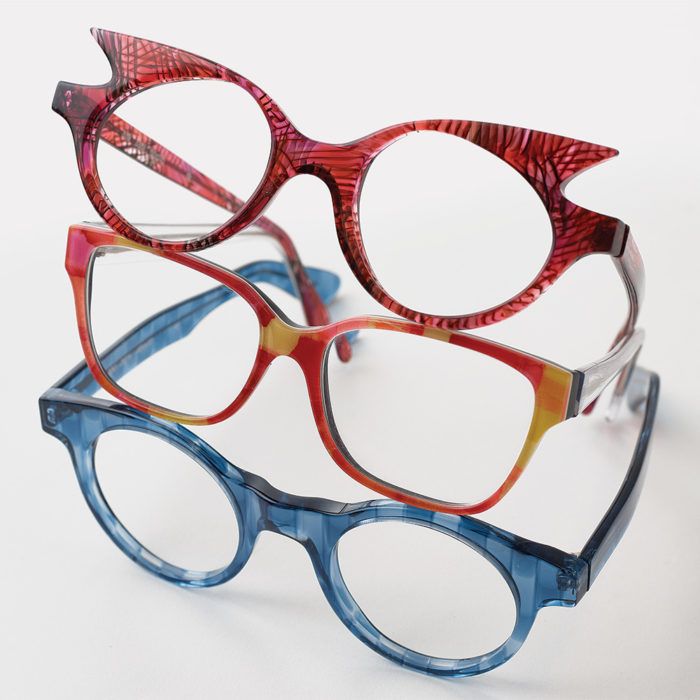
Those of us who love to sew often make significant investments in our tools, but paying attention to your vision can have a big influence on your sewing enjoyment.
I am a licensed optician and have helped many people with special visual requirements (glasses for musicians, plumbers, and pilots, for example). Sewers have particular visual needs, too. We often require magnification beyond that used for reading or other everyday tasks, as well as brighter light. I’ll explain why you may find it increasingly difficult to see the eye of a needle to thread it, and offer solutions for choosing eyewear that can bring your finest work into perfect focus. Some options are for those who need glasses, but others apply to almost anyone.
Presbyopia, the condition that causes trouble seeing small details starting around age 40, affects everyone. The decreased flexibility of the eye’s lens and muscles is inevitable, and the ability to change focus from distance to near diminishes beginning at an early age: 20-year-olds have more trouble than 6-year-olds. Presbyopia usually becomes more apparent around age 40 and continues to increase until around age 60. It’s the reason that people who always had perfect vision may start needing glasses for distance as well as reading after 40. In truth, your eyes always needed some correction, but when you were younger they could focus through it.
A common misconception is that using reading correction weakens your eyes and increases your dependence on reading glasses. This is untrue: Avoiding reading glasses only makes your eyes more tired. To enhance your pleasure in sewing, and possibly help you achieve better results, I encourage you to look into all the options for improving your eyesight.
Start your 14-day FREE trial to access this story.
Start your FREE trial today and get instant access to this article plus access to all Threads Insider content.
Start Your Free TrialAlready an Insider? Log in



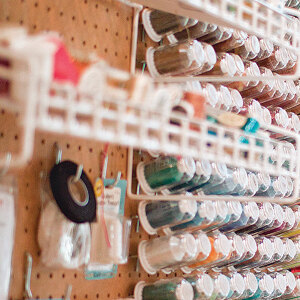






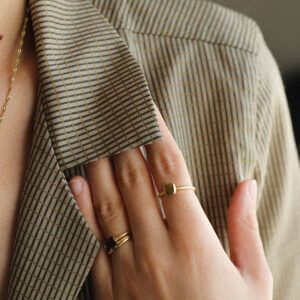
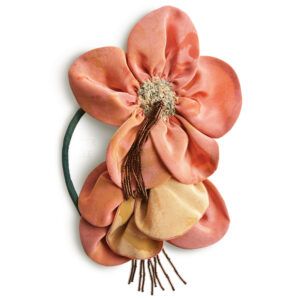
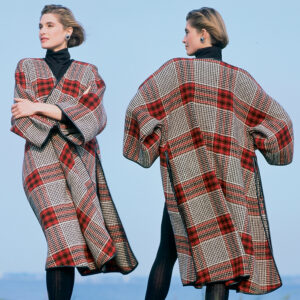
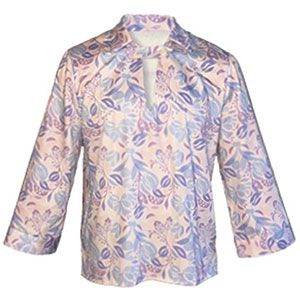
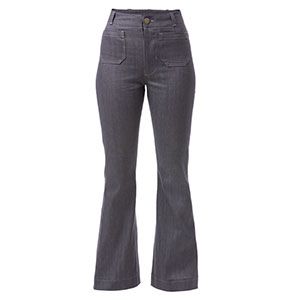
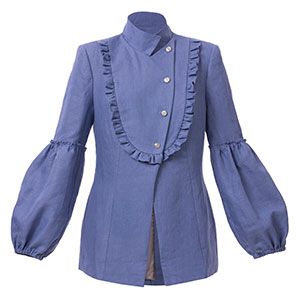
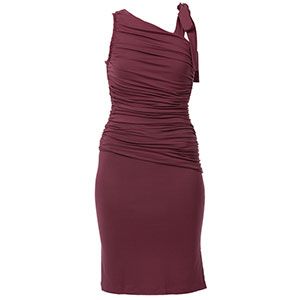
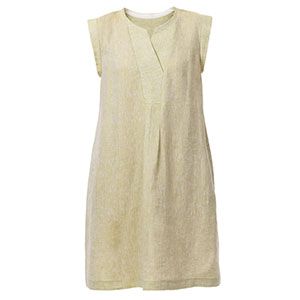
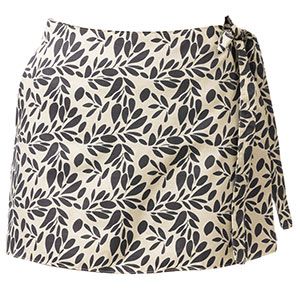
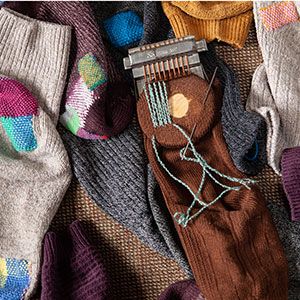
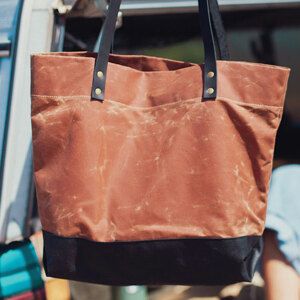
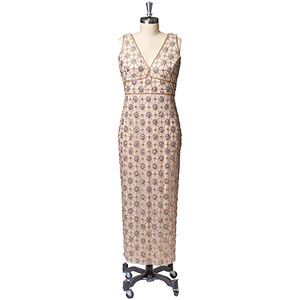
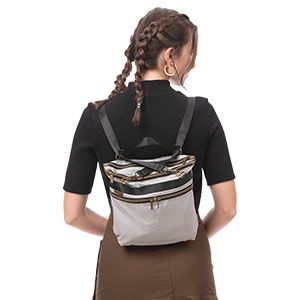
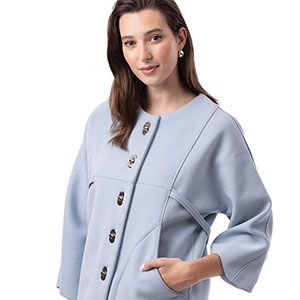
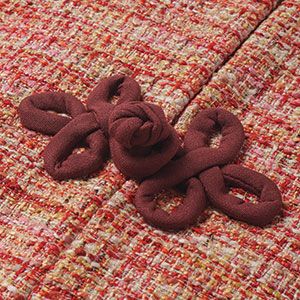
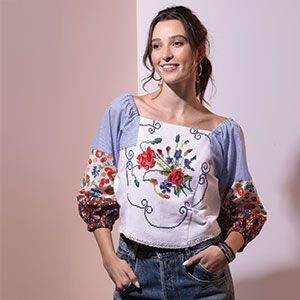

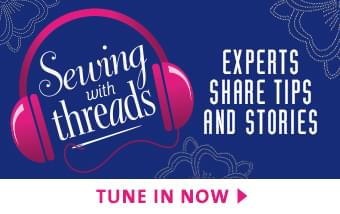

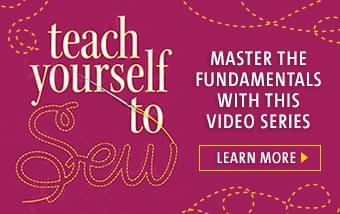
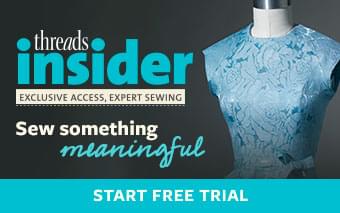



Thank you for publicizing specialty glasses. I sew professionally, in addition to working extensively on a computer, and playing the piano. The "computer glasses" I have work for all three. In my case, my regular prescription had not changed significantly in a year, so I opted to get the computer glasses as the annual new pair of frames and lenses allowed by my insurance. Fairly low cost options are available at vision centers associated with some warehouse type stores, and elsewhere, if you have your prescription.